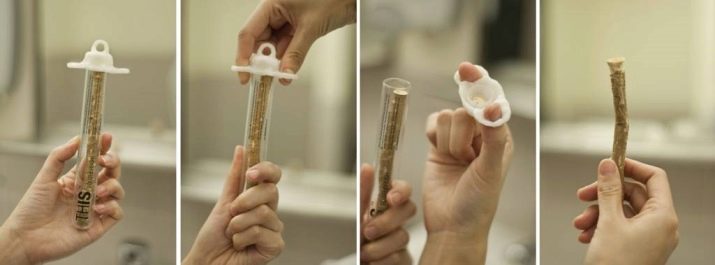All about sivak toothpicks (miswak)
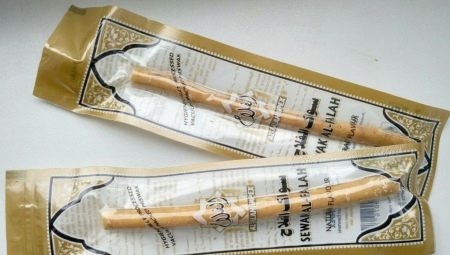
The siwak stick, or brush for cleaning teeth, fully replaces conventional hygiene products and may well become an excellent solution for patients suffering from periodontal disease. And for lovers of everything natural, this is a real find that has a number of advantages. Now the product is widespread among vegetarians and healthy lifestyle supporters.
A simple sprig of a medicinal tree replaces artificial products that are not always of high quality, which have filled the counters today. Sivak is a mass of useful properties and amazing ease of use.
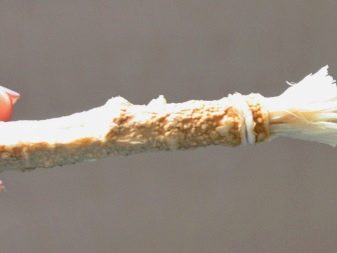
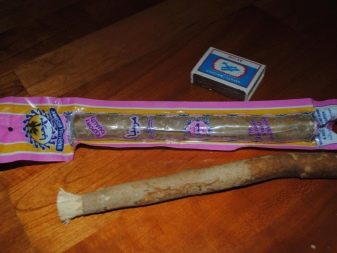
What it is?
Misvak (sivak) is a full-fledged replacement for toothbrushes, made from a piece of a twig or tree roots... The end of such a brush for cleaning teeth splits, forming a kind of brush. By tradition, sivak is made from mustard tree (arak), olive or orange plants (nim, saw - Persian Salvador).
This wonderful tree grows in the subtropics and tropics. The "toothbrush plant" is found in India, Pakistan, North Africa, and the Arabian region. Nature has generously endowed these small bushes with healing properties. Arak leaves are nutritious (added to vitamin salads), with a mustard flavor.
The harsh conditions in the places of its range stimulate the processes of accumulation in plants of a significant amount of bioactive components necessary for its survival.
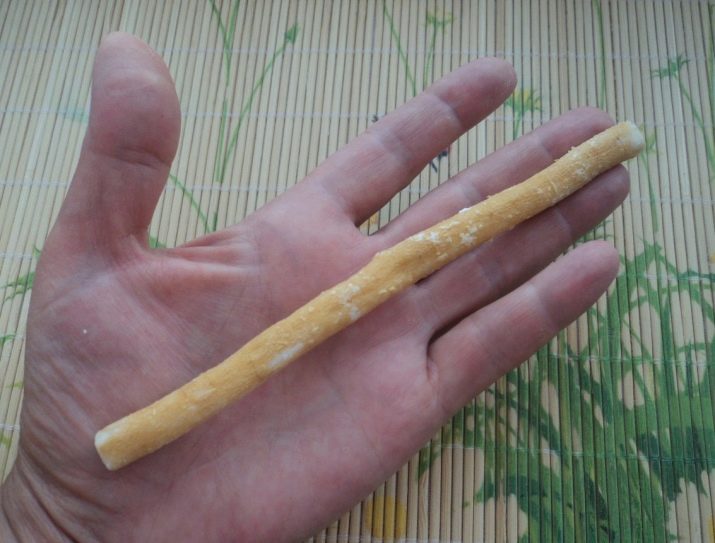
The indigenous people dig up the flexible roots of the plants (or cut off the branches) and cut them into sticks. A juicy sivak comes out of the branches, but the roots contain a greater amount of nutrients.
The method of purification is ancient, it was used by Muslims, Hindus and in the countries of the East.However, the Muslim tradition turned out to be more tenacious.
Sivak components are also used in toothpaste formulations (Sarkan, Epident, Quali-miswak)... Fondants are made from the resins of these plants, and the extracts are used in sweets. Cleansing and refreshing drinks from sivak are also very useful.
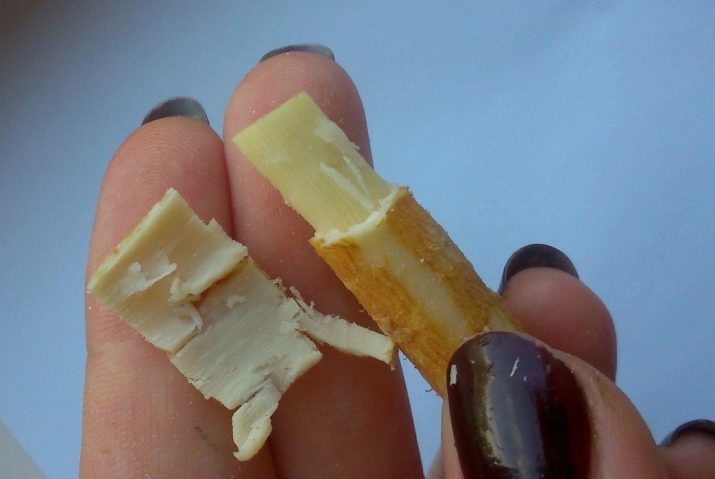
The siwak tastes pleasant and perfectly refreshes, retaining the healing qualities of its soft fibers for a long time. In a fresh state, the product does not retain all its positive properties for a long time, and in a dry state it is unpretentious and does not need special preservation conditions.
Differing from the usual means, Miswak does not include any harmful ingredients such as lauril, paraben, propylene glycol, dyes, etc.
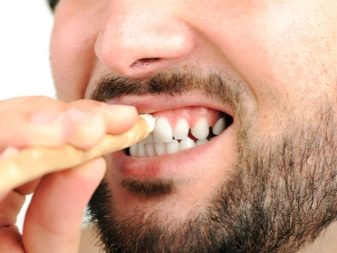
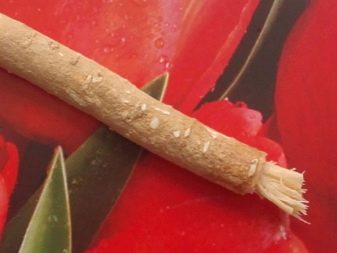
Arak is also used as a raw material for the manufacture of medicines. Its alcoholic tincture inhibits the development of pathological microbes, and water extracts are effective for thrush.
Arak extracts are also added to toothpastes (Miswak), from which anti-inflammatory drugs and powders are prepared.
The product is sold in pharmacies, it is recommended by many dentists.
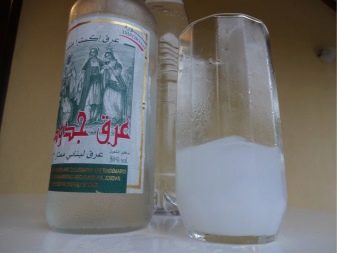
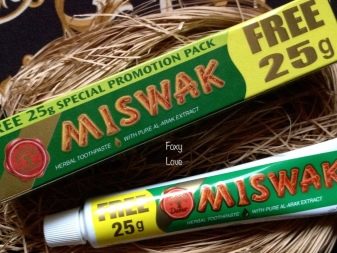
Advantages and disadvantages
The extensive composition of such a natural brush determines its excellent preventive and curative qualities.
According to the research results, the substances in the branches and roots of plants, in their functions are similar to the action of conventional antibiotics and antiseptics - triclosan and chlorhexidine, however, they do not inhibit the beneficial flora of the mucous membrane.
It has been proven that the use of sivak significantly reduces the number of pathogenic bacteria, suppressing the development of staphylococcus, while maintaining beneficial properties for up to two days. The benefit of miswak is that, without contraindications, it activates the necessary biological points in the mouth, stimulating the work of vision, toning up the activity of the whole organism.

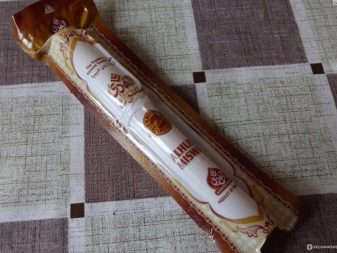
Summarizing the above, we note the key advantages of health sticks:
- teeth whitening, plaque removal;
- maintaining a healthy microflora, killing bacteria;
- natural protection of mucous tissues;
- reduction of inflammation;
- healing of tissues;
- normalization of salivary functions;
- improvement of the vocal cords;
- normalization of digestive functions;
- give freshness to breath;
- increased immunity;
- prevention of infectious manifestations in the field of application;
- active and necessary gum massage.
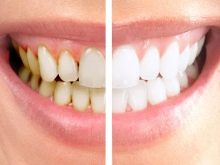


With the help of sivak, both restored and filled teeth are cleaned... It does not give a strong whitening effect, does not change the color of fillings and other details. Sivak returns teeth to their natural tones and removes coffee and nicotine stains.
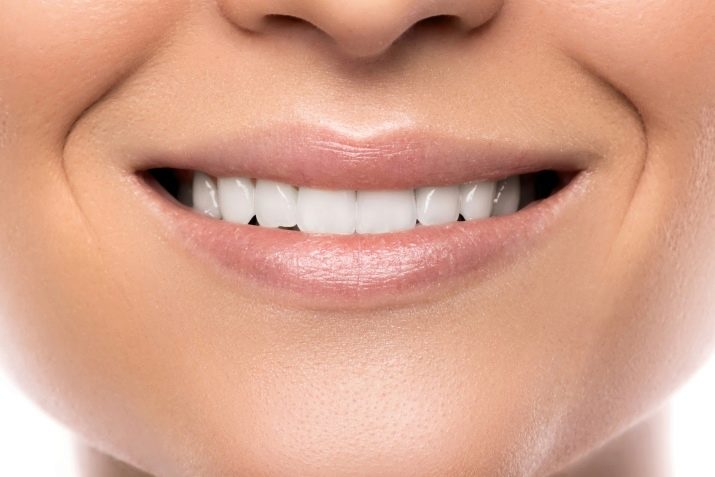
Among Hindus, sivak is also common from the neem plant, a powerful and universal antiseptic. The tree is distinguished by the most complex chemical composition, which includes about 140 healing components, differing in:
- the strongest blood-purifying effect;
- anthelmintic and antifungal functions;
- antiviral and antimicrobial qualities;
- anti-inflammatory and antipyretic qualities;
- analgesic effect.
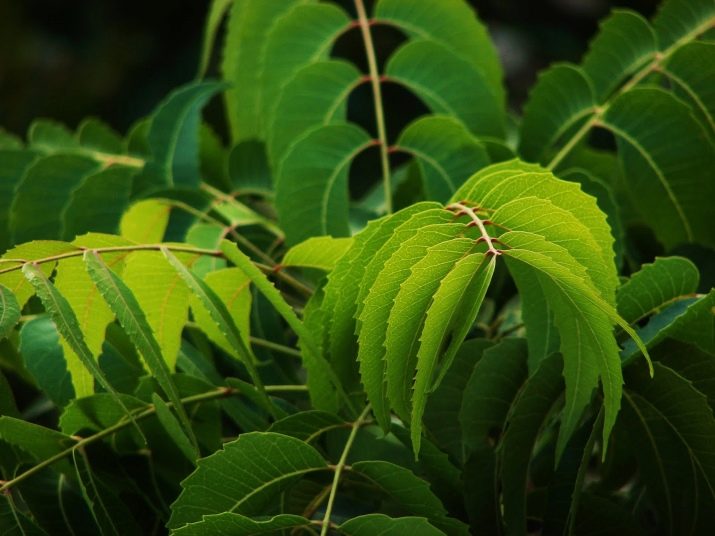
Comparison of sivaks with typical toothbrushes reveals a number of their other positive qualities:
- stable safety of cleaning productivity with 3 times a day;
- compactness and ease of carrying;
- the ability to brush your teeth without water and toothpaste;
- gum massage, which has a positive effect on the condition of the integument;
- have a positive impact on overall health;
- an increased level of environmental friendliness of the device and its easy processing.
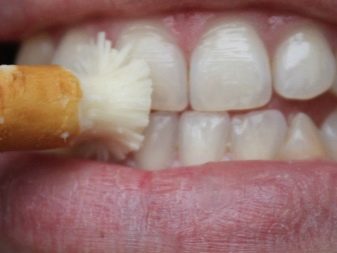
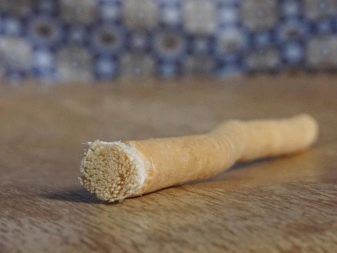
The disadvantages include:
- the difficulty of cleaning the distant teeth and their inner surfaces with a small brush;
- high time consumption for the procedure due to the small area of the bristles (up to 510 min.);
- undesirable use when wearing braces.
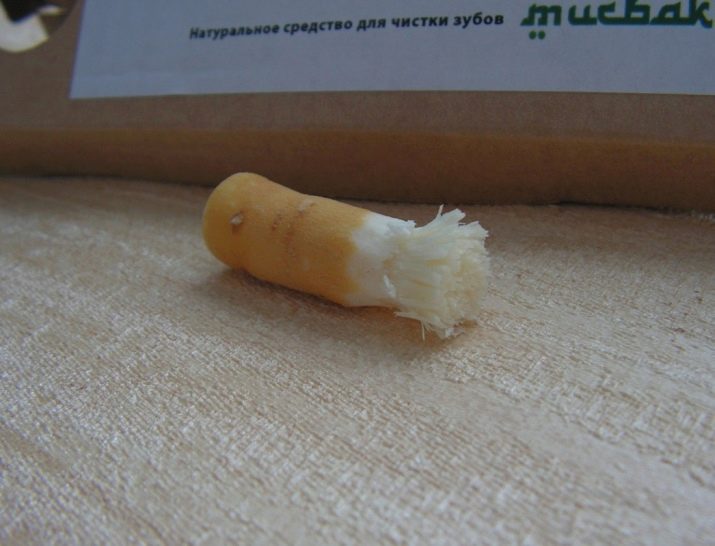
Composition
By its composition, the wooden product sivak is a completely natural remedy, with excellent healing characteristics, composed of many natural ingredients:
- tannic acids;
- bicarbonate soda;
- cellulose;
- essential oils;
- fragrant resins;
- alkaloids;
- minsalt;
- fluorine and sulfur compounds;
- silicon dioxide;
- vitamin C;
- styrenes;
- flavonoids;
- trimethylamine, etc.
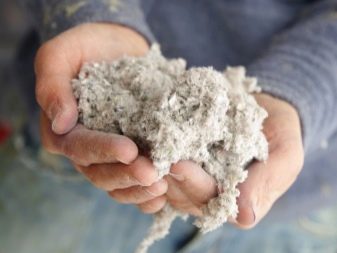
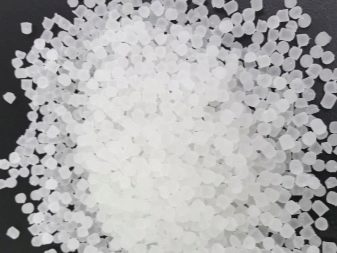
Silicon provides productive dental care, helps to eliminate stains on the enamel. Compounds of sulfur and galvanic components prevent the growth of bacteria on tissues. Trimethylamine helps to tame the inflamed processes, relieve pain. Fluoride counteracts tooth decay. The action of tannic acids and tannin easily neutralizes bleeding and hypersensitivity of the gums, heals wounds, and prevents the development of stomatitis and gingivitis.
Bicarbonates contribute to productive cleaning of teeth, preservation of their natural whiteness and shine. Essential oils are a natural antiseptic and pain reliever that prevents tartar formation.
Flavonoids are agents that neutralize the action of free radicals, ensuring the protection of intracellular structures.
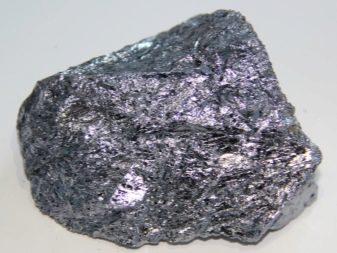
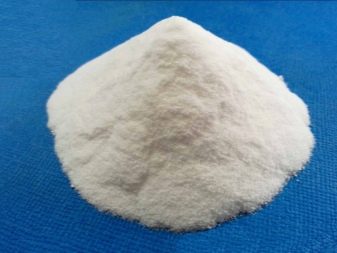
How to choose?
Sivaki can have a salty flavor. They may also have a light coating, which does not negatively affect their quality. Their slightly sweetish aftertaste indicates the possible addition of synthetics to extend shelf life. Of course, it is worth purchasing products without any artificial additives, since there are enough natural components in the plant to preserve it (provided that the siwak was fresh when packed). We do not recommend buying it with unnatural flavors for it, for example, mint, this indicates the use of synthetic flavors.
It is better to purchase products no thicker than 1 cm, they are softer and juicier, you can chew them faster. For painful gums prone to bleeding, they are more suitable. Thick ones, with tougher fibers, bleach more productively. However, its coarse fibers are less penetrating and therefore more difficult to clean the lateral surfaces of the molars.
A high-quality sivak has a stable, “tasty” aroma. The average length of the sticks is 15–20 cm. This is a comfortable length.
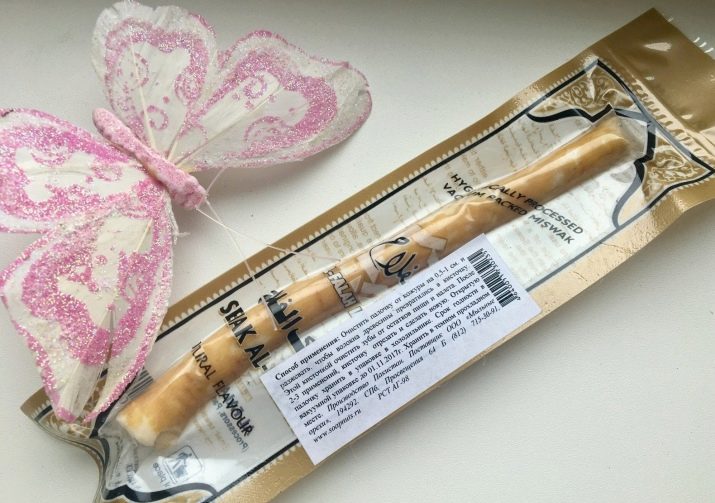
The price of a natural brush depends on its size. So, a device 15 cm long is sold at a price of 150 rubles. They are sold individually in a vacuum container. Sometimes flavors (lemon, mint) are added to them.
Famous Sewak al-Falah, produced in Pakistan (15 cm), costing up to 150 rubles. Branches are also on sale Al-Khaleej a dark shade that does not require the use of paste (up to 100 rubles). Sivak Khair (made in Pakistan), worth 120 rubles.
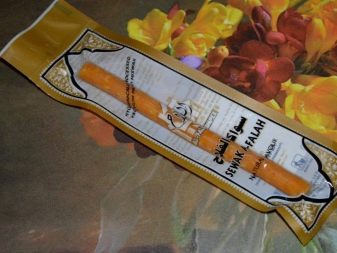
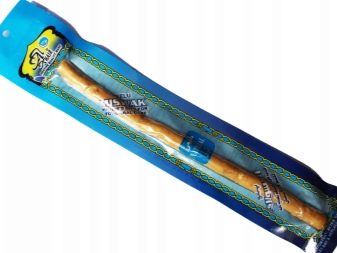
You need to buy the product only in a sealed vacuum package. Immediately we recommend purchasing a suitable case for storing it.

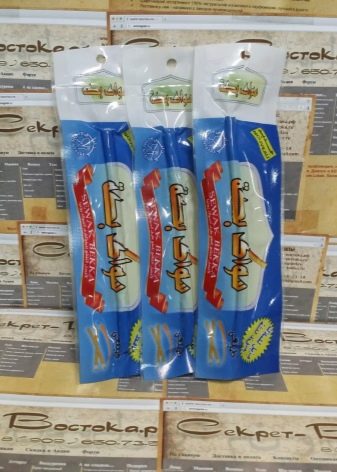
How to use it correctly?
The greatest hygiene and benefit from sivak are obtained, naturally, at the beginning of its use. For this reason, at the end of each cleaning, cut off the used end, as the product becomes infected. In the course of a single use, the brush gets wet and partially loses its best qualities. You can still use it again, but the productivity of its use will not be the same.
In the first use of siwak, sometimes there is a slight burning sensation in the tongue area - this is just a sign of the good quality of the product. A somewhat harsh taste should not alarm you - this is natural.
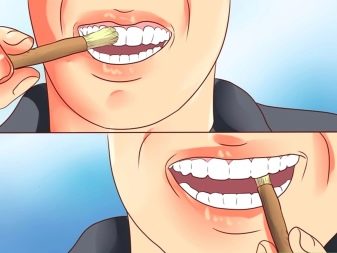
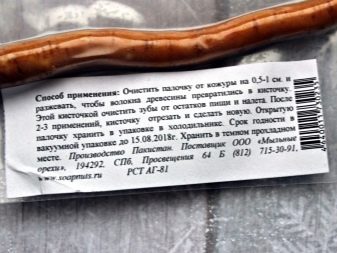
When using, it is important to follow the basic rules.
- We clean about 1 centimeter of siwak (you can bite off with your teeth and remove the bark).
- Gently chew the formed tip, softening it and increasing its fibrillation (we chew with molars). Chew thick products more slowly.
- We brush the teeth with the side part, massaging the gums. Clean the interdental space with the tips of the brush. We take care of the inside of the teeth with sweeping movements. You can also roll a small piece of a stick along the teeth.
- Since the surface of the siwak is not entirely intended for cleaning, the procedure may take a little longer.
After using the siwak, we cut off its tip and return the product to the case so that it does not dry out. Packaged sivak is stored in dry rooms, at a temperature of 18-20 degrees. If the product is dry, then you should not use it without moisturizing, otherwise it will become unnecessarily hard for the delicate surface of the gums.
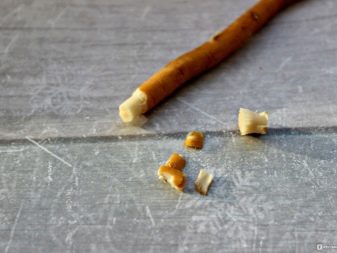
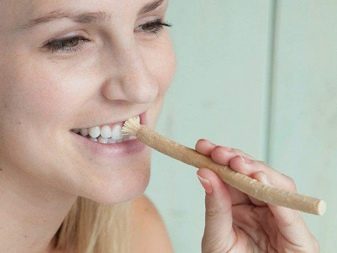
At the same time, it is soaked overnight in warm water and slightly dried in the morning. During the night, sivak gains the necessary moisture. Moisten only the tip of the product used for one-time cleaning.
Sivak does not damage tooth enamel, since it contains no abrasive substances. In case of inflammation, the use of sticks of a greater degree of softness is recommended.
In case of excessive development of infection in the oral cavity, the use of sivak is accompanied by tingling. Therefore, in order to completely eliminate bacteria, use the fresh ends of the product more often and brush your teeth more often. Whitening will not be long in coming either. It is also recommended to just chew small pieces of siwak, so you can quickly overcome the disease.
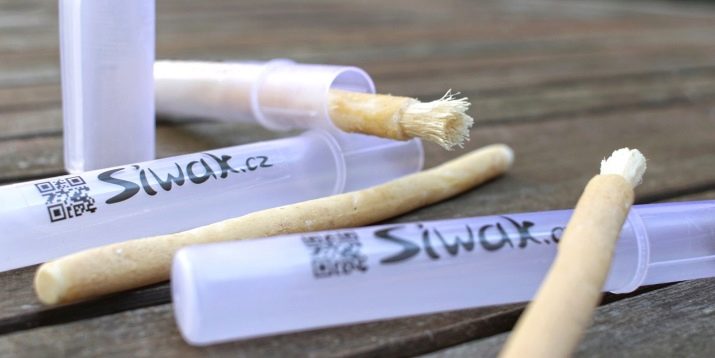
The product has no contraindications for pregnant women and during lactation. The folk remedy will not have a negative effect on children and their development, since it does not include allergic components. It is believed that siwak can change the taste of breast milk, but this happens individually. Miswak can be chewed even by children from 6 months, as it facilitates the teething process, relieves discomfort and relieves swelling. Everything should be controlled by the parents.
We do not recommend starting brushing their teeth immediately after buying a sivak. It is more advisable to start such a cleaning between the usual procedures, and after the development of skills in using sivak, you can completely switch to this tool. Do not avoid consulting dentists on this matter.

How to store?
Sivak is stored in cool and humid rooms, because at low humidity the product dries up and hardens. The packaging must be open to avoid mold growth. The best way is a refrigerator.
